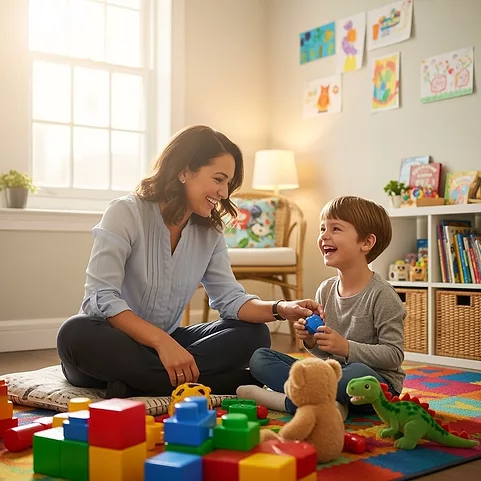Home » Embracing Conflict in the Consent Process
Embracing Conflict in the Consent Process
May 1, 2018
From The Carlat Child Psychiatry Report
Josh Feder, MD
Child and family psychiatrist, Solana Beach, CA, Editor-in-Chief of the Carlat Child Psychiatry Report
Dr. Feder has disclosed that he has no relevant financial or other interests in any commercial companies pertaining to this educational activity.
What do you do when your teen patient declines an offer of medication yet the parents insist on it? How about if the teen is coming to you for medication and the parents are opposed to the idea? Does the teen have the right to request and receive medication? And what if the teen is using substances? CBD? Do you still treat, or do you refer elsewhere?
How about the situation where the parents of a child, who are perhaps (but not always) divorced, have opposing views on the use of medication? Would you prescribe anyway? And what do you tell the child? Do you explain the situation, or do you say you’re providing “vitamins”?
Finally, how do we avoid falling into those Judy Garland or Jefferson Airplane (“Go ask Alice”) situations, where we are chasing side effects with more medications? You know the story: The stimulant works but creates sadness, so we add an antidepressant, and then the child’s moods become unstable, so we add a neuroleptic. “One pill makes you larger, and one pill makes you small…”
There are many potential conflicts in consent. The following are some general guidelines from Josh Feder, MD, on how to manage them:
Child PsychiatryHow about the situation where the parents of a child, who are perhaps (but not always) divorced, have opposing views on the use of medication? Would you prescribe anyway? And what do you tell the child? Do you explain the situation, or do you say you’re providing “vitamins”?
Finally, how do we avoid falling into those Judy Garland or Jefferson Airplane (“Go ask Alice”) situations, where we are chasing side effects with more medications? You know the story: The stimulant works but creates sadness, so we add an antidepressant, and then the child’s moods become unstable, so we add a neuroleptic. “One pill makes you larger, and one pill makes you small…”
There are many potential conflicts in consent. The following are some general guidelines from Josh Feder, MD, on how to manage them:
- If it’s not an emergency, take your time. When life and limb are at stake, we should act immediately—but that doesn’t usually mean medicating so much as employing emergency services. Even if a child is experiencing stress from an upcoming test or an acutely sad or anxious state, most times the situation is not an emergency. Give yourself time to think, gather more information, and understand as best as you can the many factors at play. Once these are more clear, possible treatment paths are likely to emerge.
- Lean in. When there are opposing forces, embrace the adversarial process, the kind that drives a good judicial system. I tell families that I am grateful for differences of opinion because they lead to a more meaningful discussion of the pros and cons of medication. When everyone knows that you are really listening to their perspectives, they usually settle and think more clearly. For example, this often leads to a very careful trial of medication.
- Honor everyone’s rights. Learn what the rights of teens are in your state to request and receive psychotropic medication. Lay out the rights of all parties, and allow the process to lead to solutions rather than imposing them from on high. Do this while making sure that no one dominates to the point of silencing others. Remember to think developmentally with children, assessing their ability to participate and welcoming this possibility as it results in better care.
KEYWORDS child-psychiatry practice-tools-and-tips

Issue Date: May 1, 2018
Table Of Contents
Recommended
Newsletters
Please see our Terms and Conditions, Privacy Policy, Subscription Agreement, Use of Cookies, and Hardware/Software Requirements to view our website.
© 2025 Carlat Publishing, LLC and Affiliates, All Rights Reserved.


_-The-Breakthrough-Antipsychotic-That-Could-Change-Everything.webp?t=1729528747)



